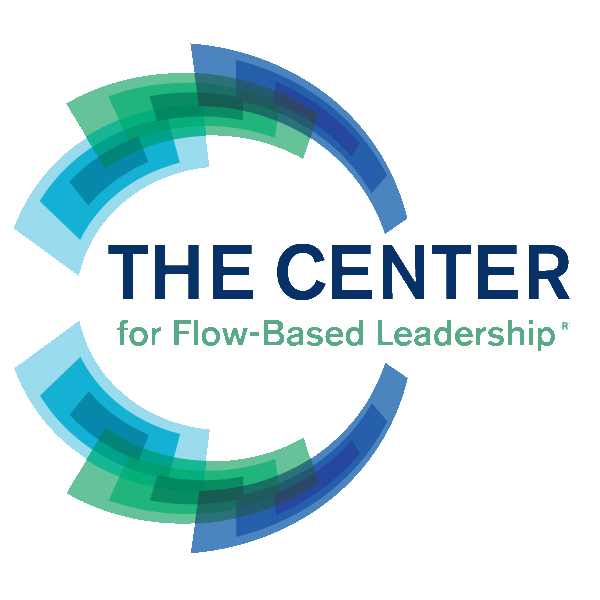Announcing a New Study to Develop Metrics for the Flow-Based Leadership Model™ in the Workplace
- jglicksmith

- May 1, 2019
- 2 min read
The latest buzz word in in corporate circles is “acceleration”. In this environment, knowledge workers have become “factory workers” with little to no autonomy. Companies, in the name of security and increasing productivity, monitor every aspect of their employees’ work life, and, in some cases, all aspects of their lives. By requiring employees to use specific apps on their personal phones (such as Slack), organizations maintain 24/7 contact with knowledge workers and track their whereabouts through GPS.

This is an effort to control behavior in service to the corporation, not to customers, and, definitely, not to individual employees. Ultimately, this intrusion into the psyche of the employee stifles creativity and impacts the health and well-being of the workforce.
In Information Technology development, #acceleration has a name: “Agile”. The message is, “Let’s move faster and faster.” Knowledge gets lost because documentation is downplayed in this environment, even though capturing, codifying, and managing knowledge would, actually, help organizations move faster. It is impossible to react quickly without a stable information architecture. Respect for the individual is non-existent in this environment. People are being pushed hard; their bonuses are tied to speed. When things don’t go well, people begin blaming each other. Good people, many of whom are the knowledge-keepers, leave the organization.
Companies set up “Employee Engagement” committees to give the appearance of team building, but they still hold teams’ feet to the fire if they don’t complete projects. There is no time left to participate in team building. Conflict rises to a level that impacts everyone’s well-being.
How does one find flow in this environment—much less team flow?
It is increasingly obvious that the leadership style being employed now is not working to make knowledge workers more productive.
I have seen the application of Flow-Based Leadership work in Fire & EMS. But can it work in other organizations? The Center for Flow-Based Leadership®, a division of MentorFactor, Inc., is launching a study to develop metrics to determine how the principles of Flow-Based Leadership might be applied in non-Fire & EMS environments. If your organization is interested in participating in this study, please contact The Center through the website.




Comments